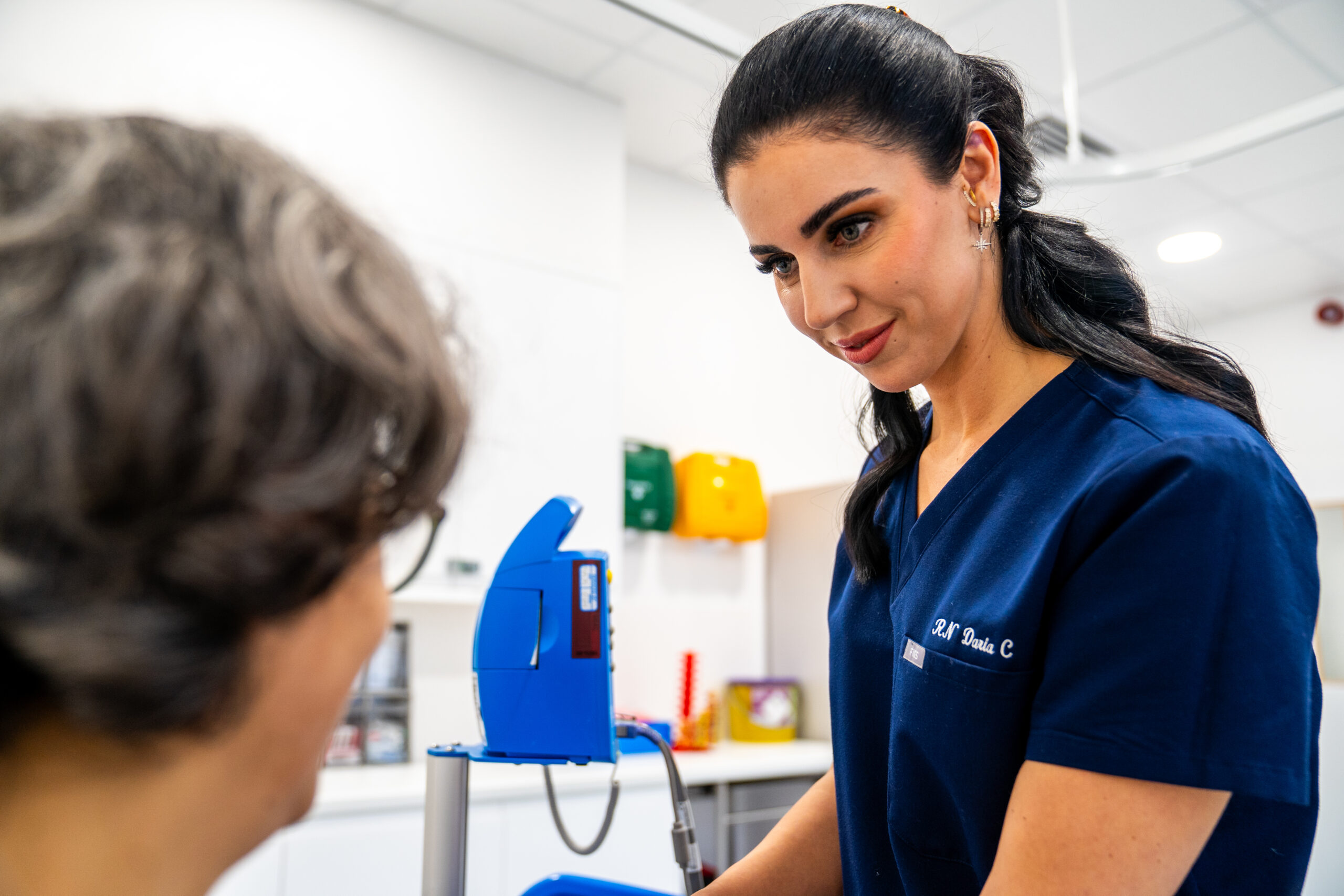- Departments
- Specialities
- Aesthetics
- Cardiology
- Dermatology
- Dietitian Services
- Endocrinology
- Family Medicine
- Gastroenterology
- General Surgery
- Geriatrics
- Haematology
- Infectious Diseases
- Internal Medicine
- Maxillofacial Surgery
- Nephrology
- Neurology
- Obstetrics and Gynaecology
- Oncology
- Ophthalmology
- Orthopaedics
- Otolaryngology (ENT)
- Paediatrics
- Plastic Surgery
- Pulmonology
- Radiology
- Rheumatology
- Urology
- Consultants
- About Us
Search

Welcome to London Urgent Care Centre
Monday - Friday: 8am - 8pm
Sat - Sun: 8am - 6pm
Walk-In Today
At London Urgent Care Centre, we deliver fast, expert medical attention for non-life-threatening but urgent health issues. Walk-In today at Chase Lodge Hospital.


What Sets Us Apart
With highly skilled clinicians, modern facilities, and a patient-first approach, our goal is to get you seen, treated, and on with your life. No long waits, no unnecessary hospital visits.
Treatment of minor emergencies (sprains, cuts, fractures)
Infection diagnosis & antibiotic treatment
Respiratory, gastro, and flu-like illness management
Imaging & X-ray services onsite
Laboratory tests & diagnostics
Wound care and minor surgical procedures


When to Choose Us
London Urgent Care Centre is fully licensed and staffed by qualified healthcare professionals. We adhere to the highest standards of cleanliness, patient safety, and medical excellence.
What to Expect
Arrival & Triage
Assessing your condition quickly to ensure those in greatest need are seen promptly.
Assessment & Diagnosis
Using history, examination, and diagnostic tools (when needed) to pin down what’s wrong.
Treatment & Guidance
From prescriptions to minor procedures — we provide care, clear advice, and aftercare instructions.
Follow-Up Options
If your condition needs specialist care or longer-term attention, we help you find the right referrals.
What We Don’t Treat at London Urgent Care
Heart Attack or Chest Pain
Severe chest pain, heart attack, or suspected cardiac arrest
Severe Head Trauma
Head trauma with loss of consciousness
Severe Bleeding
Uncontrollable bleeding that won’t stop
Pregnancy Complications
Emergency complications during pregnancy
Call 999 in case of emergency
Stroke
Sudden weakness, slurred speech, facial drooping, or suspected stroke
Broken Bones of the Hip, Pelvis, or Spine
Injuries needing specialist hospital care
Severe Allergic Reactions
(Anaphylaxis) Difficulty breathing, swelling of the lips or throat, or collapse
Children under the age of 1 year
Newborn complications or in babies under 1 year old.
Severe Mental Health Crisis
Psychosis or situations needing urgent psychiatric intervention.
What We Don’t Treat at London Urgent Care


GET IN TOUCH
Join Us on the Journey to Health and Well-being
For more information about our services, our history, or to schedule an appointment, contact us directly. At Chase Lodge Hospital, your health is our highest priority, and we look forward to being a part of your journey to optimal well-being.




